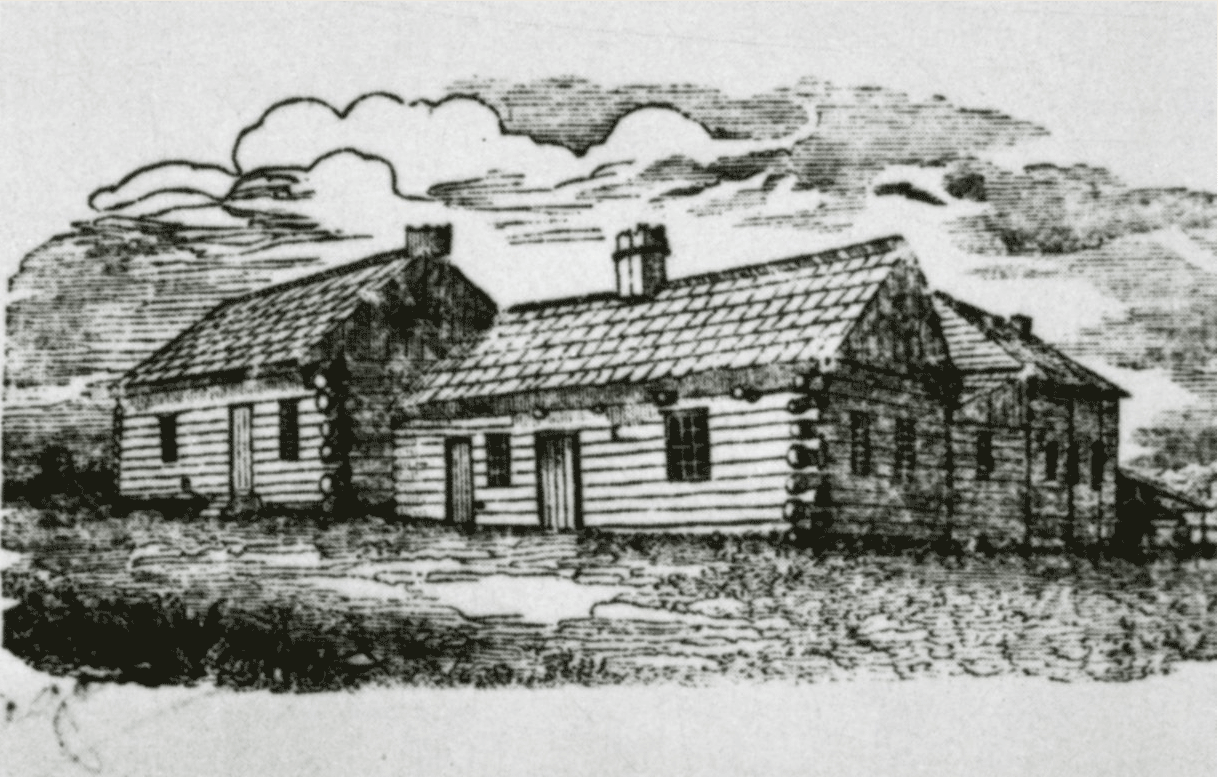Why belabor the point that such writers attribute causality? Because it distorts the past. Contemporary records from the Willamette Archives, Lee’s letters, the actions of the Missionary Board back east, the survival of the Mission and the possibility of having more white children — all this was not assured. Lee traveled to Washington D.C. to ask for more people to come to Oregon, especially families and women, because America’s hold on Oregon Territory was so tenuous. Primary sources show Jason Lee did not feel the certainty or the intentionality that Gustavus Hines and this Methodist history project onto his life. Lee wrote in a letter to another missionary, “I grant I may be mistaken, but that does not help me … for I can only act from present convictions.”
The difference in this statement and the historians’ certainty reveal a couple of things. First, that creating causal narratives like Whig histories can erase uncertainties, the possibility that many opinions and perspectives existed. Lee wrote that letter to a missionary who wanted to leave because the Oregon Territory was too dangerous for his family. That frightened missionary was acting against the reality of almost any post-1859 historian, who knew that Euro-Americans colonized and populated Oregon territory. So, a historian writing a Whiggish history deals with that perspective either by not including that missionary in the narrative, or by representing it as a misstep or mistake.
This is a reminder that history is not simply telling facts. Often, as seen throughout the histories of Jason Lee, it’s perhaps more a product of its present than its past, of its author more than its subject. History is an interpretation.

